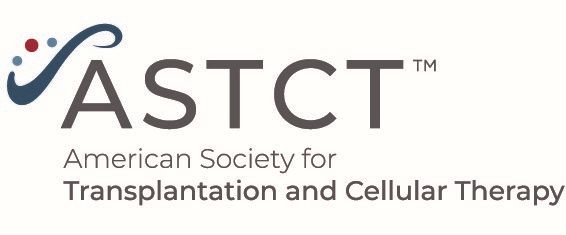
Circadian tumor infiltration and function of CD8+ T cells dictate immunotherapy efficacy

A recent study, published in Cell, has identified the circadian rhythm of TILs as a key determinant in the efficacy of immunotherapy treatments such as CAR T-cell therapy and immune checkpoint blockade.
A recent study, published in Cell, has identified the circadian rhythm of tumor-infiltrating lymphocytes (TILs) as a key determinant in the efficacy of immunotherapy treatments such as chimeric antigen receptor (CAR) T cell therapy and immune checkpoint blockade (ICB). Conducted by researchers at The University of Geneva in Switzerland, this study reveals that the infiltration and functionality of CD8+ T cells within tumors are highly time-of-day dependent. The research indicates that these circadian rhythms are driven by both the intrinsic circadian clocks of leukocytes and the rhythmic expression of adhesion molecules by endothelial cells within the tumor microenvironment (TME). Adjusting the timing of CAR T cell and anti-PD-1 antibody administration to align with these circadian cycles significantly improved therapeutic outcomes in both murine models and human cancer patients.
The study utilized a combination of in vivo mouse models and human data to demonstrate that leukocyte infiltration into tumors exhibits circadian oscillations, with peak TIL numbers occurring in the evening. This rhythmic infiltration was shown to be regulated by the circadian clocks of endothelial cells, which modulate the expression of adhesion molecules such as ICAM-1. Pharmacological inhibition of the circadian gene Bmal1 in endothelial cells disrupted these rhythms, resulting in uniform leukocyte infiltration regardless of the time of day. Additionally, the researchers found that the efficacy of CAR T cell therapy and anti-PD-1 treatment was significantly enhanced when administered during peak TIL infiltration times, with improved tumor control and reduced tumor volumes observed in these conditions.
These findings highlight the potential of leveraging circadian biology to optimize the timing of immunotherapy treatments, thereby maximizing their effectiveness. By aligning therapeutic interventions with the natural circadian rhythms of the immune system, clinicians may improve patient outcomes and enhance the therapeutic efficacy of CAR T cell and ICB therapies. Therefore, considering circadian dynamics in the design and administration of cancer immunotherapies can improve outcomes, paving the way for more effective and personalized treatment strategies.
Reference
Wang, C., Zeng, Q., Gül, Z. M., et al. (2024). Circadian tumor infiltration and function of CD8+ T cells dictate immunotherapy efficacy. Cell, 187(10), 2690-2702. https://doi.org/10.1016/j.cell.2024.04.015
Newsletter
Stay up to date on recent advances in the multidisciplinary approach to cancer.



































